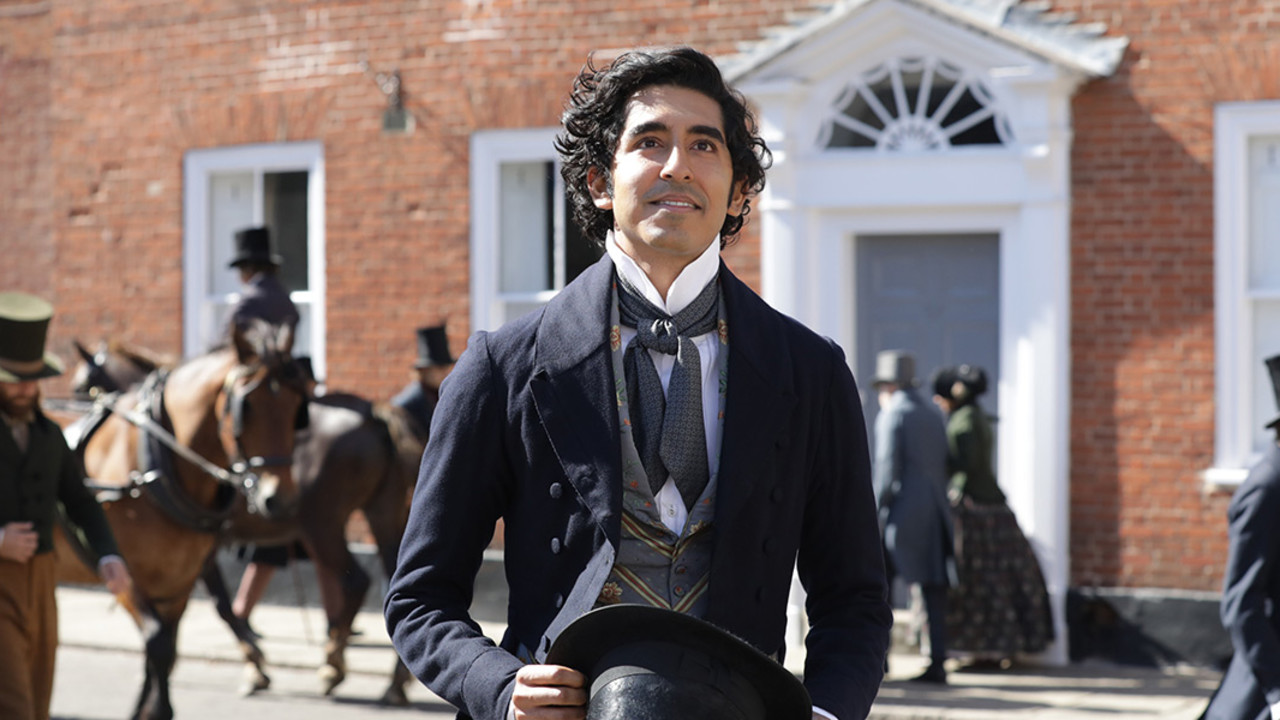Review by Zach Dennis and Andrew Swafford
Zach: This was the world premiere of the latest film from Armando Iannucci, who is known for Veep here in the United States but also The Thick of It and In the Loop in the United Kingdom. I was a big fan of his latest, The Death of Stalin, and his brand of satire seems perfectly fitted for the current cultural landscape. The Personal History of David Copperfield is a bit of a departure from all of those previous works, however and seems to be more of a straight (to an extent) adaptation of the classic Charles Dickens novel.
I’ll admit I was a bit disappointed that this didn’t contain the same sharp tongue that the rest of his work does. This is not to say it isn’t funny at times, but it just didn’t seem to have much that stood out to me – it just kind of landed with a thud. What did you think, Andrew?
Andrew: I completely agree – this movie just never quite comes together and doesn’t accomplish much of anything. When he was introducing the film, Iannucci made some comment about how this movie takes place a long time before Brexit, and I was primed for him to use Dickens as a springboard to address something contemporary (his work in The Death of Stalin proves that he is extremely capable of making the past feel extremely present). Instead, Iannucci opts to tell the David Copperfield story more or less straight, his only artistic embellishments coming in the form of obviously punched up dialogue, which is full of awkward miscommunication and jabbing sarcasm. It made me laugh on more than one occasion (mostly due to supporting cast members like Hugh Laurie, Peter Capaldi, and Tilda Swinton, who at one point literally shouts “get off my lawn” and kicks a donkey), but it never felt like it transcended (a) it’s PG rating, especially considering the unbelievable way Iannucci strings together swears in his film In the Loop, or (b) the conversational rhythms of TV comedy.
In a way, I think this film would have been much better suited as a TV mini-series. Iannucci is no stranger to the medium, after all, and Charles Dickens’ episodic writing style (which came as a result of being published in periodicals) would likely translate much better into a season of television as opposed to a film that should ideally cohere to a single arc. The multifaceted, time-hopping nature of a life-story told in retrospect is done very sloppily here, and the flimsy strings holding the whole thing together become more and more distracting as the film attempts to come to its very bumpy conclusion.
Zach: I think you nailed it. There is nothing inherently wrong with the movie aside from the poor script, but I side with you when it comes to the humor. Everything felt forced and almost like it was winking at you, less relying on a knowledge of Dickensian England and moreso just relying on the actors that you mentioned playing absurd personas within that period of history. I guess that’s where he found his modern touch, but I agree – there isn’t much there.
He said prior to the movie that he was wanted to make the movie because he felt David Copperfield’s foils relate to modern life, but sadly, it seemed like a BBC Masterpiece movie rather than a biting comedy from someone who has become the forebearer for modern satire.

